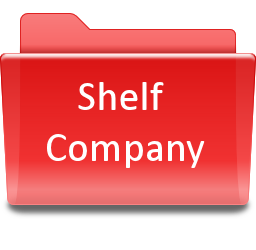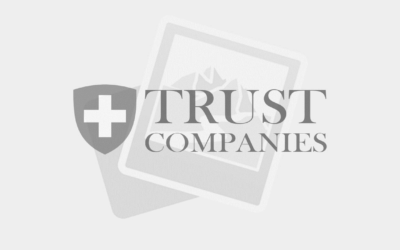Thinking of Starting a Business?
Switzerland doesn’t just offer mountains and chocolate — it offers a business environment that many entrepreneurs dream of. From its economic resilience to its clear legal systems, this is a place where businesses can grow with confidence. If you’re considering setting up shop here, understanding the landscape is your first smart move.
What It Takes to Register in Switzerland
Registering a company is straightforward, but there are steps that must be followed carefully. You’ll need to:
- Come up with a unique company name
- Choose the most suitable legal form
- Prepare the articles of association
- Open a Swiss bank account and deposit the required capital
- Register with the Commercial Registry
- Apply for a VAT number if necessary
Professional help can make the entire process smoother, often wrapping it up within a few weeks.
Choosing the Right Legal Form
Not every business is the same — and neither are legal structures. The three most common in Switzerland include:
- GmbH: Perfect for smaller businesses, this limited liability company requires CHF 20,000. Discover more about setting up a Swiss GmbH.
- AG: Designed for larger ventures or companies looking to issue shares. The minimum share capital is CHF 100,000. Read about forming a Swiss AG.
- Sole Proprietorship: The easiest way to start if you’re operating solo — but you’re personally liable.
Each option has distinct benefits depending on your goals, risk tolerance, and funding.
Understanding Swiss Regulations and Taxes
Swiss law is designed to offer predictability and protection. Shareholders enjoy limited liability, and corporate governance is well defined.
From a tax perspective, Switzerland is known for being competitive. While corporate tax rates vary between cantons, the federal VAT sits at 7.7%. Double taxation is rarely an issue, thanks to Switzerland’s wide network of treaties. For deeper insights, check out this guide on Swiss tax.
If you’re serious about optimizing costs and compliance, early tax planning is a must.
Running Your Business Day-to-Day
Where Will You Be Based?
Every company must have a Swiss address. If you don’t need a physical office, a virtual office setup can still give you a credible business presence and take care of administrative needs.
Keeping It Legal
Annual meetings aren’t just a formality — they’re legally required. On top of that, you’ll need to keep transparent financial records. If your business crosses certain thresholds, annual audits may also be necessary.
International Ownership and Moving Your HQ
Switzerland is open to foreign ownership. You don’t need to be Swiss to fully own a Swiss company, and there are no special restrictions.
If you already run a company abroad, you might even consider redomiciling it to Switzerland — a legal move that’s fully supported, as long as your current jurisdiction allows it.
The Banking and Investment Climate
Banking in Switzerland is more than just reputation — it’s an efficient and secure process. When registering your business, opening a corporate Swiss bank account is a key step.
While due diligence is strict, the system is well organized. Plus, for businesses in finance, fintech, or investment, Switzerland is a natural home thanks to its mature market and global connections.
Hiring People and Handling Permits
The Swiss labor market is both skilled and multilingual, giving companies access to top talent. That said, hiring comes with responsibilities: you’ll need to set up contracts, enroll employees in social security, and ensure you’re compliant with labor law.
For international hires, permits depend on origin, qualifications, and local quotas. Need a full breakdown? Here’s a helpful Swiss residence permit guide.
Why Switzerland Works for Business
Switzerland isn’t just a good place to do business — for many, it’s the best. With a strong legal framework, competitive taxation, and global credibility, it’s a launchpad for everything from startups to multinationals.
Choosing the right setup, managing finances wisely, and leaning on expert advice where needed — that’s the recipe for building a stable and successful business in the heart of Europe.
If you’re planning to take the next step, make sure you’re working with the right partners — legal, financial, and strategic. With the right groundwork, Switzerland can be more than your company’s location. It can be your competitive edge.






















































